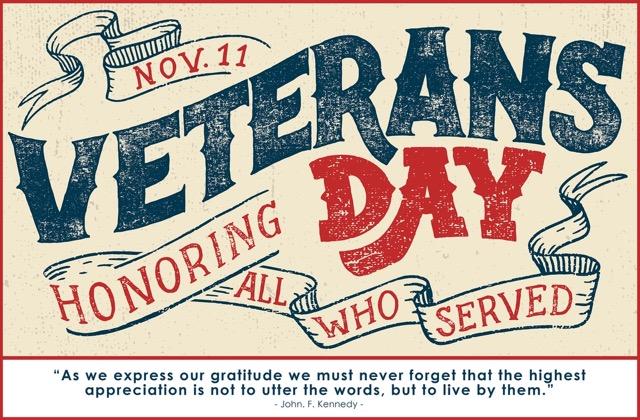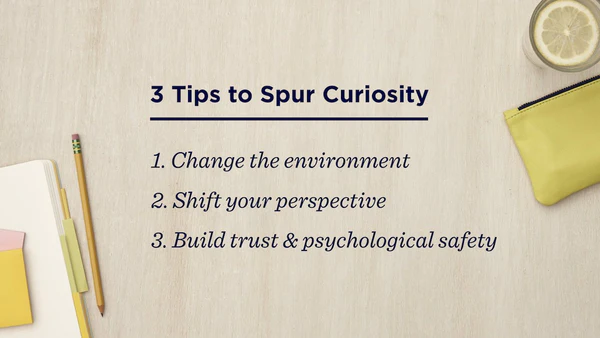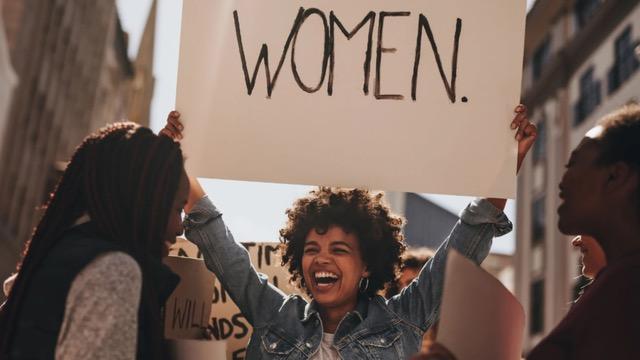Happy Thanksgiving week! Earlier this month, Meagan’s ezine explored the idea of appreciation in its simplest form. We talked about the tiny gestures that make people feel seen.
Gestures like:
- saying thank you, even when it seems obvious
- using someone’s name when you speak to them
- calling attention to effort, not just results
- noticing someone’s presence, not just productivity
These are small actions, but they impact us deeply! And in many ways, they lay the foundation for something much bigger: gratitude.

Appreciation and Gratitude: Similar but Not the Same
While they are similar, they aren’t the same. Appreciation is specific. Like a moment when you acknowledge a gesture, a kindness, or an effort. It happens in real time and points to something concrete: “Thank you for helping me when I was overwhelmed.” Gratitude is expansive! It’s the feeling that grows from many of those small moments woven together. It’s the larger sense of warmth, contentment, and perspective that builds over time: “I’m grateful to have people in my life who show up for me.”
But both overlap and have a domino effect! When someone feels appreciated, they often become more grateful. When someone feels grateful, they tend to express more appreciation. They reinforce each other in a positive loop 🤗
Gratitude as a Larger Lens
As the holiday season begins, gratitude becomes a wider way of seeing. It invites us to look beyond individual moments and into patterns, relationships, and meaning.
It might sound like:
- recognizing the people who helped you through a challenging season
- feeling thankful for routines that bring comfort and stability
- noticing how much joy comes from small rituals
- appreciating the growth, strength, or healing that the year quietly held
And sometimes, it looks like grace. Grace for yourself. Grace for others. Grace for the year you’ve lived.
Carrying Gratitude Ahead
While Thanksgiving gives gratitude a spotlight, the real impact comes from carrying it forward in everyday ways. That might mean slowing down enough to recognize a kind gesture, acknowledging someone’s effort before moving on, or pausing at the end of the day to name one good thing, however small. Invite gratitude to be more than a holiday idea!



